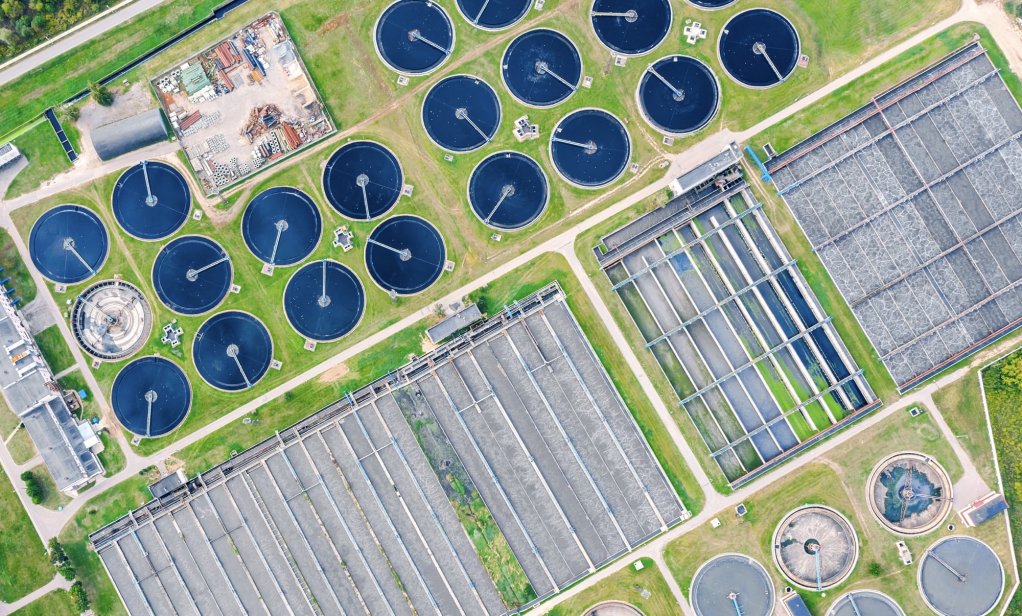
NEW CAPACITY Independent research commissioned by ABB found that investment in an additional 469 treatment facilities a year is required
New research has revealed that global wastewater treatment capacity needs to increase by 8.56-billion cubic metres every year to meet the 2030 ambitions outlined in the Sustainable Development Goals (SDGs).
Independent research commissioned by automation, electrification and digitalisation group ABB found that investment in an additional 469 treatment facilities a year is also required, which is the equivalent of 3.4-million Olympic-size swimming pools.
“The research proves more needs to be done to help support the United Nations (UN) goals and accelerate progress in tackling water security,” says ABB Energy Industries president Brandon Spencer.
The research was released prior to the UN’s 2023 Water Conference, which was held in New York late last month, where a new Water Action Agenda was launched.
According to the UN, 2.2-billion people lack access to safely managed drinking water, while more than 4.2-billion people lack safely managed sanitation.
ABB’s research, which investigated the steps that need to be taken to address the treatment of wastewater in accordance with SDG 6.3, found that 48%, or 171.3-billion cubic metres of wastewater, is uncollected or untreated each year.
This needs to be reduced to just under 24%, or 85.65-billion cubic metres, the research, undertaken by Development Economics and based on modelling using a 50-million-litre daily capacity wastewater treatment plant as the benchmark, indicates.
Eighty per cent of global wastewater flows back into the ecosystem without being treated or reused and half of the wastewater from households’ toilets, sinks, drains and gutters flows back into nature without harmful substances removed, and this has a negative impact on public health, the environment and marine life, he points out.
However, there is a need to ensure the wastewater targets are achieved in the most energy and resource efficient way possible to make it sustainable, highlights Spencer..
Treating wastewater is energy intensive, with the industry consuming up to 3% of the world’s total energy output and contributing to over 1.5% of global greenhouse-gas emissions.
“This is where technology is key,” he says, noting that, while increasing wastewater treatment capacity is a priority, the early integration of technology to drive efficiency at plants is vital.